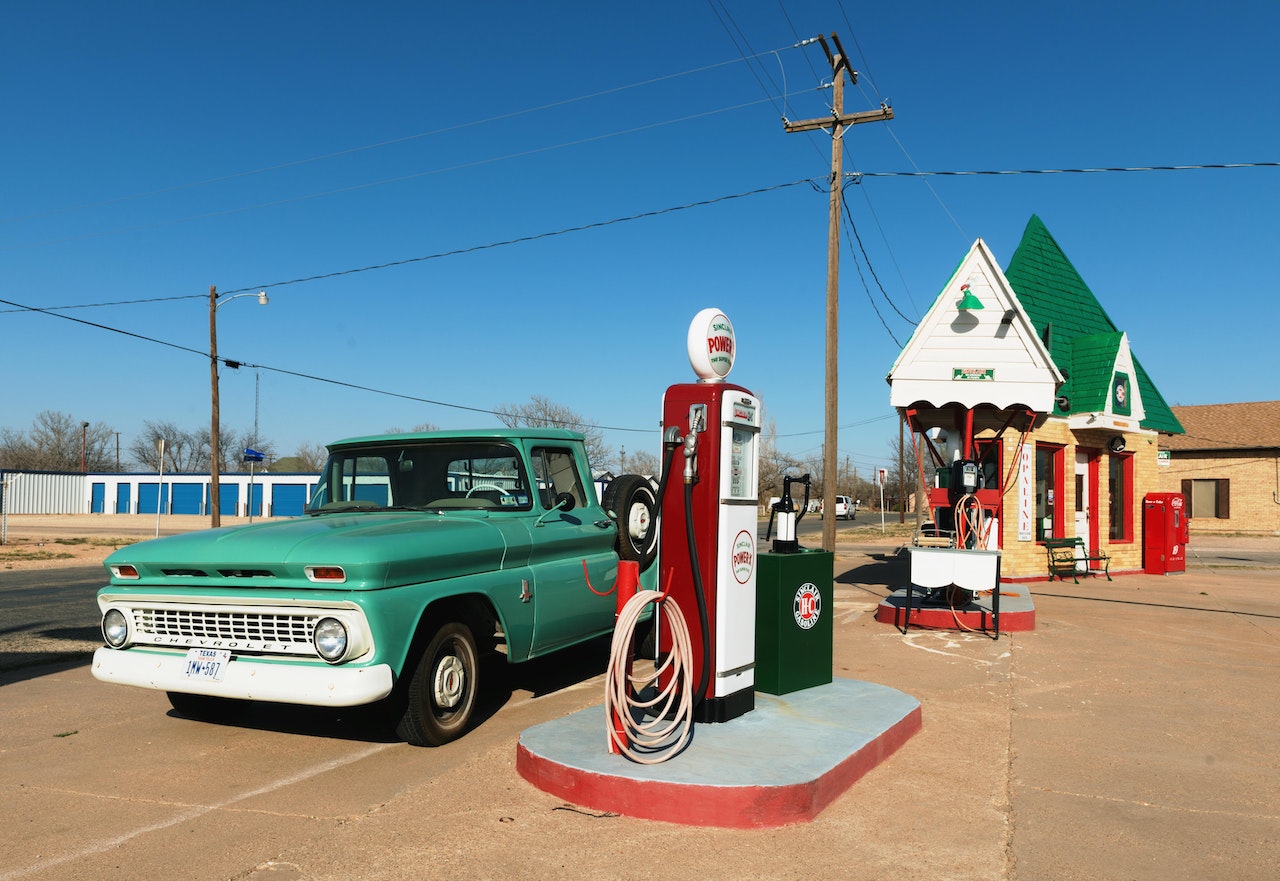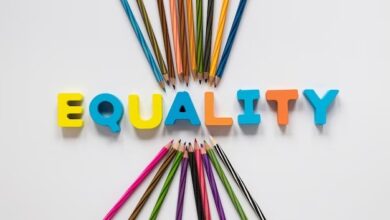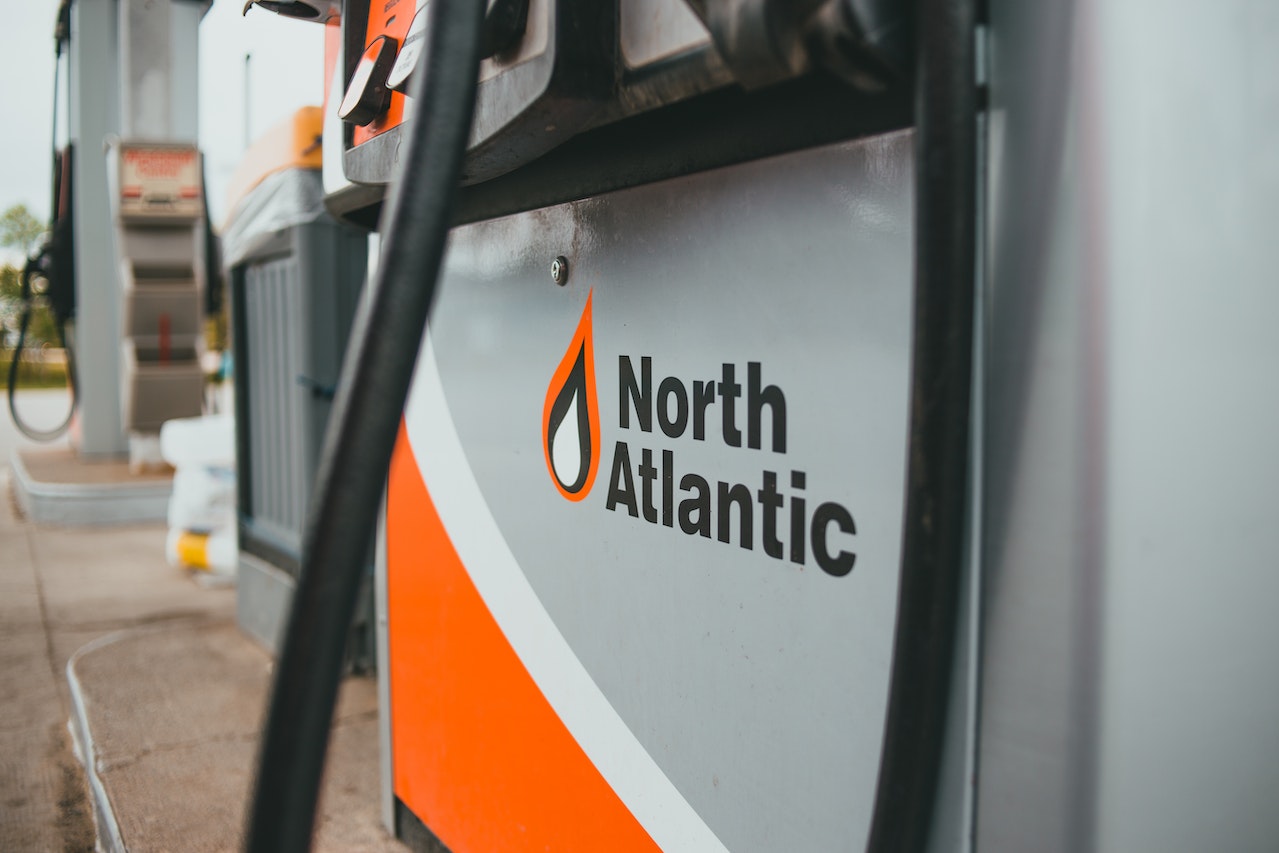Unveiling the Dark Side of Petrol Dollars

The global influence of petrol dollars cannot be underestimated. It is not just about the economic power that oil-rich countries wield but also the political leverage they can exert on a global scale. From Saudi Arabia to Russia, these nations have been able to shape international policies and even manipulate economies. One striking example is the OPEC cartel, dominated by Saudi Arabia, which has managed to control oil prices for decades. This has allowed them to dictate terms to consumer countries and use their economic clout as a tool for geopolitical purposes. The impact of this manipulation ripples across the globe, affecting everything from inflation rates to foreign policy decisions.
Petrodollars have fueled conflicts in resource-rich regions like Africa and the Middle East. As oil becomes increasingly scarce, competition intensifies and nations become willing to go to great lengths to secure their share of this valuable commodity. This has led to proxy wars between major powers vying for control over key oil-producing regions, resulting in devastating consequences for local populations caught in the crossfire. The influence of petrol dollars extends far beyond what meets the eye. Beyond driving economic growth or fueling disputes, it plays a significant role in shaping global politics and even shaping how societies function around the world.
The origins and growth of petrol dollars

The origins of petrol dollars can be traced back to the early 20th century when the discovery of massive oil reserves in the Middle East brought about a significant shift in global economic power. As countries such as Saudi Arabia and Iran emerged as major players in the oil industry, their newfound wealth had far-reaching implications. The rise of petrol dollars marked a seismic shift from traditional agrarian-based economies to ones heavily reliant on oil exports. The growth of petrol dollars gained momentum following the establishment of OPEC (Organization of Petroleum Exporting Countries) in 1960. This organization aimed to coordinate and unify petroleum policies among member countries, granting them greater control over pricing and production levels. By acting collectively, OPEC member states were able to assert their dominance over global oil markets, leading to a surge in petrodollar revenue.
As petrol dollars flooded into these nations, economic prosperity became synonymous with oil wealth. Massive infrastructure projects were initiated, transforming arid landscapes into modern cities filled with skyscrapers and technological marvels. However, this rapid development also fueled socioeconomic disparities within these nations. While rulers and elites reveled in extravagant lifestyles funded by petrodollars, vast sections of society struggled to access basic amenities like education and healthcare. These insights into the origins and growth of petrol dollars reveal how this vast wealth has transformed economies worldwide while also giving rise to various challenges within oil-rich countries themselves.
Petrol dollars and their effect on economies
One cannot understate the economic power that petrol dollars wield in today’s globalized world. As countries rely heavily on oil for energy, those with abundant reserves, such as Saudi Arabia and Russia, have been able to leverage their resources to shape economies around the world. However, while this influx of petrodollars can initially boost a country’s economy, it often comes at a cost. The sudden wealth from oil exports can lead to an overdependence on petroleum, stifling diversification efforts in other sectors. This narrow focus leaves countries vulnerable to fluctuations in oil prices, which can result in severe economic downturns when prices plummet. Moreover, the reliance on petrodollars can also breed corruption and political instability within these nations as leaders become more focused on maintaining control over lucrative oil revenues rather than promoting sustainable economic development.
The influence of petrodollars reaches far beyond just individual countries. Global financial systems become intertwined with the oil market, making them highly susceptible to disruptions caused by price volatility or geopolitical tensions surrounding oil-producing regions. This interdependence raises concerns about the stability of international economies and highlights the need for diversification away from fossil fuel-related industries. As we continue to grapple with climate change and strive for a transition towards renewable energy sources, it is crucial to understand not only the immediate economic benefits but also the long-term implications of relying too heavily on petrol dollars. Effective management of these resources will be vital in ensuring sustainable growth and reducing vulnerability in both individual nations and globally interconnected economies alike.
The power of petrol dollars in international relations

Petrol dollars, with their immense financial power, have long been a driving force in shaping international relations. As oil reserves became increasingly vital for global economies, countries rich in petroleum found themselves endowed with considerable influence over geopolitical affairs. The ability to manipulate oil prices or restrict supply has allowed these petro-states to both reward allies and punish adversaries, creating a complex web of political interdependence. Beneath the surface lies a darker side to petrol dollars that is often overlooked. The vast wealth generated from oil exports enables these countries to fund political campaigns and even interfere in foreign elections. From financing sympathetic candidates to spreading disinformation through social media platforms, petrol dollars can sway electoral outcomes in surprising ways. This covert manipulation poses serious threats to democratic processes and undermines the principle of fair governance, on which many nations pride themselves.
The economic dominance resulting from petrol dollars allows certain countries to assert their agenda on an international stage. Through strategic investments and financial partnerships, they can shape policies and influence decisions far beyond their own borders. This reach extends not just into neighbouring regions but also into key industries worldwide such as technology, finance, and infrastructure development. As a result, the power of petrol dollars stretches far beyond purely economic realms; it permeates political arenas across continents through subtle yet influential means. Understanding the significant role played by petrol dollars in international relations is crucial for anyone seeking insight into contemporary geopolitics. The sway of these lucrative resources goes beyond resource distribution dynamics or energy market fluctuations.
Unveiling the hidden costs of petrol dollars

It is crucial to acknowledge and understand the hidden costs associated with petrol dollars. While the influx of oil money may seem appealing on the surface, it often comes at a great expense to both the environment and society as a whole. The extraction and production of petroleum have detrimental effects on ecosystems, contributing to climate change and pollution levels that harm our planet for future generations. We must not overlook the social impacts of petrol dollars. Many oil-rich nations experience high levels of income inequality and corruption due to an over-reliance on this resource. The concentration of wealth in the hands of a select few can lead to political instability and economic disparities within these countries.
It is vital for governments, businesses, and individuals alike to recognize the true costs behind petrol dollars. Only by fully understanding these hidden consequences can we work towards finding sustainable alternatives and mitigating their negative effects for a more equitable and environmentally conscious future.


